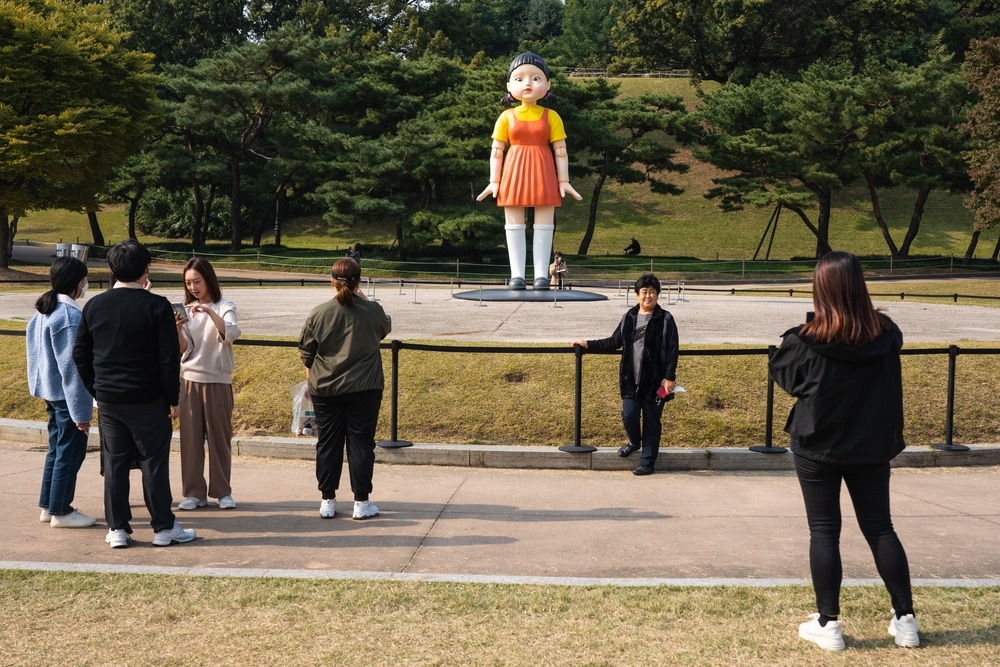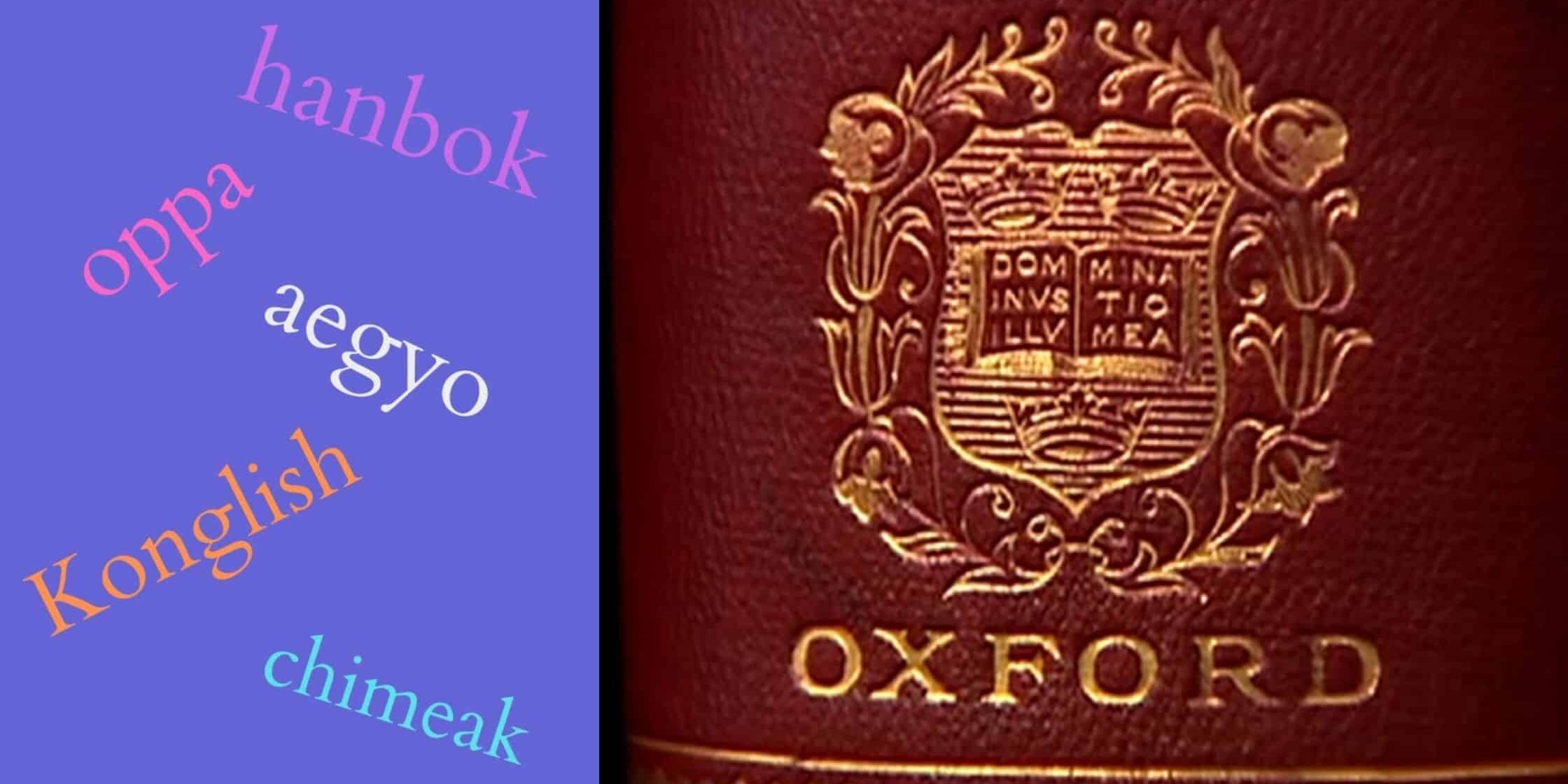Sometime in the 1990s, Chinese journalists coined the word “hallyu” to describe the wave of Korean pop culture and entertainment that was gaining popularity outside of Korea. Almost thirty years later in 2021, hallyu along with 25 other Korean words, have officially found their way into the Oxford English Dictionary, the reference book that is considered by many to be the most authoritative English dictionary in the world.
This year also marks the first time such a wave crashed into my own home since I immigrated to the US with my family almost fifty years ago. I say this because during this past Thanksgiving holiday, my grandchildren aged 10 to 26 asked me more about the Korean language and Korean subjects than all the other Thanksgivings combined.
With the exception of my 10 year old grandson, every guest at our Thanksgiving gathering had watched Squid Game, and most had already watched or had started to watch another Korean drama series. Korean words were rolling off their tongues with more frequency than I’d ever heard before and they took turns making fun of each other’s pronunciation. My knowledge of the Korean language, and the Chinese characters that make up many Korean words, was in high demand.

At dinner one night we considered the 26 Korean words that were officially added to the Oxford English Dictionary this year and each word was interesting enough to discuss around the table. Many of the words were food-related so the kids found it comforting that they already knew so many. One word we discussed in depth was the word that started it all: hallyu, which is the word that describes the wave of increased popularity of South Korean culture around the world including K-Pop, K-Drama, etc.
Fun Fact: hallyu is a combination of two words: ‘Han’ which means Korean and ‘Lyu’ which means wave. It is anglicized and pronounced ‘Hallyu’ because in Korean, when the N sound (ㄴ) is followed by the R/L sound (ㄹ), the N sound disappears’. Another example is ‘Shin La’ (신라) which is pronounced and Anglicized as ‘Shilla’ as in the Shilla Hotel.
Here is the complete list of 26 Korean words added to the Oxford English Dictionary this year:
- Aegyo, n. and adj. – a cute display of affection
- Banchan, n. – a small side dish served along with rice as part of a typical Korean meal
- Bulgogi, n. –a dish of marinated thin slices of beef, which are usually grilled or stir-fried
- Chimaek, n. – pairing of chicken and beer (maekju)
- Daebak, n., int., and adj. – expressing enthusiastic approval
- Dongchimi, n. – a type of kimchi made with radish and typically also containing napa cabbage
- Fighting, int. – expressing encouragement, incitement or support
- Galbi, n. – a dish of beef short ribs, usually marinated in soy sauce, garlic and sugar, and sometimes cooked on a grill at the table
- Hallyu, n. – the increase in international interest in South Korea and its popular culture
- Hanbok, n. – traditional Korean clothing
- Japchae, n. – a dish consisting of cellophane noodles made from sweet potato starch, stir-fried with vegetables and other ingredients, and typically seasoned with soy sauce and sesame oil
- K-, comb. form – combined with nouns relating to South Korea and its culture
- K-drama, n. – a television series in the Korean language and produced in South Korea
- Kimbap, n. – a Korean dish consisting of cooked rice and other ingredients wrapped in a sheet of seaweed and cut into bite-sized slices
- Konglish, n. and adj. – English words that have been appropriated into Korean and vice versa
- Korean wave, n. in Korean, adj. and n. – the rise of international interest in South Korea and its popular culture
- Manhwa, n. – a Korean genre of cartoons and comic books
- Mukbang, n. – a video that features a person eating a large quantity of food
- Noona, n. – a male’s elder sister
- Oppa, n. – a female’s elder brother
- PC bang, n. – an establishment with multiple computer terminals providing access to the internet for a fee, usually for gaming
- Samgyeopsal, n. – a Korean dish of thinly sliced pork belly usually cooked on a tabletop grill
- Skinship, n. – touching or close physical contact between people
- Tang soo do, n. – a Korean martial art using the hands and feet to deliver and block blows
- Trot, n. – a genre of Korean music popular in the 50s and 60s
- Unni, n. – a female’s elder sister




